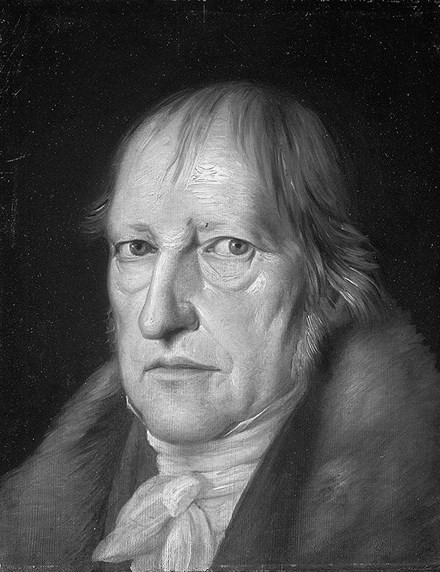
Publication details
Publisher: Springer
Place: Berlin
Year: 2016
Pages: 185-203
Series: Contributions to Phenomenology
ISBN (Hardback): 9783319277738
Full citation:
, "Phenomenology of recognition", in: Political phenomenology, Berlin, Springer, 2016


Phenomenology of recognition
Hegel's original contribution to the politics of recognition in global society
pp. 185-203
in: Jung, Lester Embree (eds), Political phenomenology, Berlin, Springer, 2016Abstract
Given the increased salience of both transnational and sub-national entities in global society, it is legitimate and urgent for us to ask if the traditional recognition of rights or personal achievements shall undergo a reformulation either in the way of deepening or extending the established categories or creating or discovering a whole new way of recognizing individuals and groups of people. How are the modes of recognition transformed in the age of globalization? The newly emerging actors in the global society, whether they want it or not, get involved in a politics of recognition for their identity formation and for their claim to existence. This consequence of changed identity politics changes the way we recognize each other, hence the nature of society we live in around the globe. The type of recognition fully actualized in the contemporary global society may not be known until, as Professor Jung used to say, the Phoenix rises from the ashes. Hegel's phenomenology of recognition, however, allows us to conjecture some possibilities that are more likely to be actualized than others. At least it warns against taking any one type of recognition that might be dominant in the present as the only one to recognize oneself and the other in the future.
Cited authors
Publication details
Publisher: Springer
Place: Berlin
Year: 2016
Pages: 185-203
Series: Contributions to Phenomenology
ISBN (Hardback): 9783319277738
Full citation:
, "Phenomenology of recognition", in: Political phenomenology, Berlin, Springer, 2016

